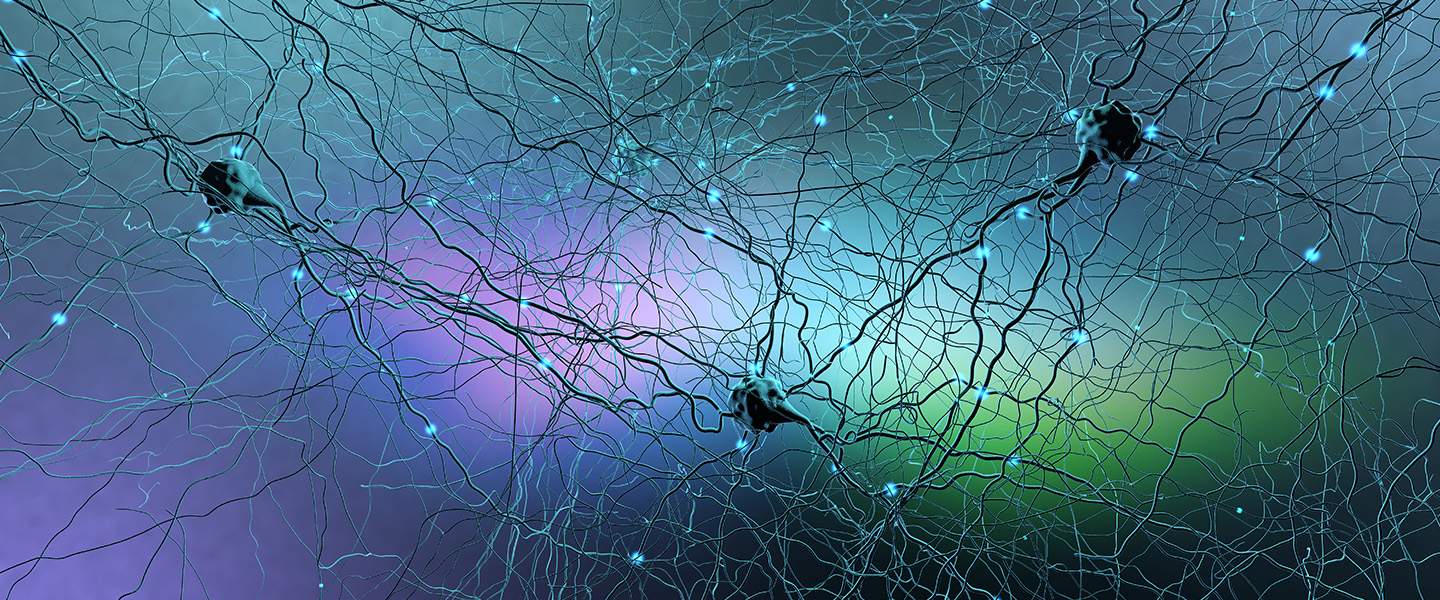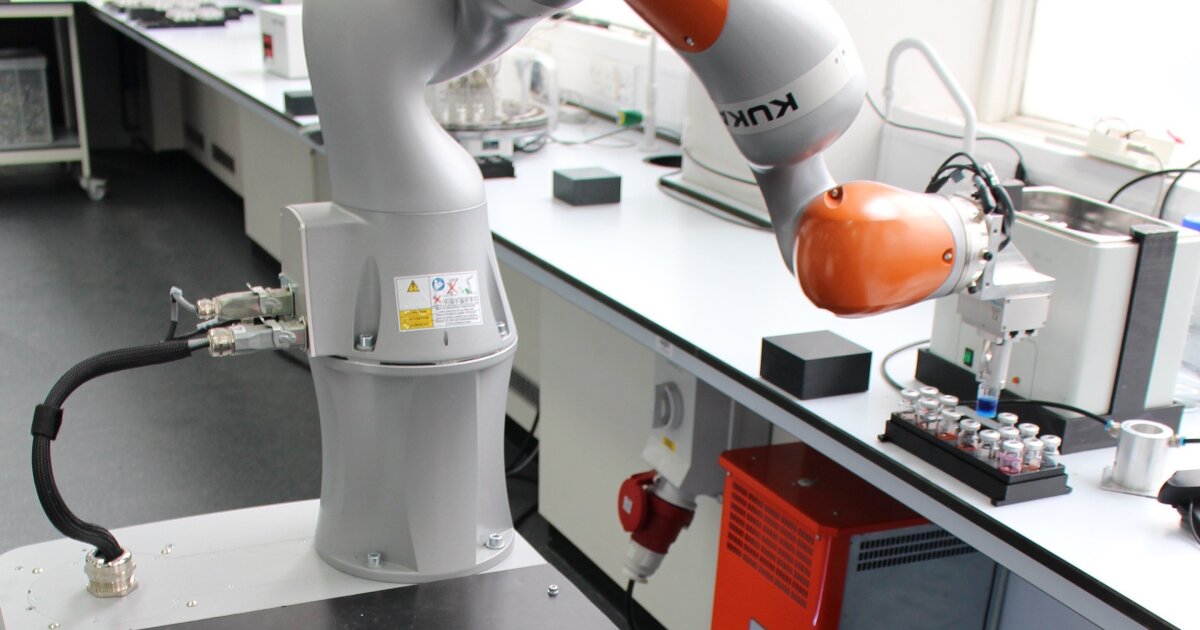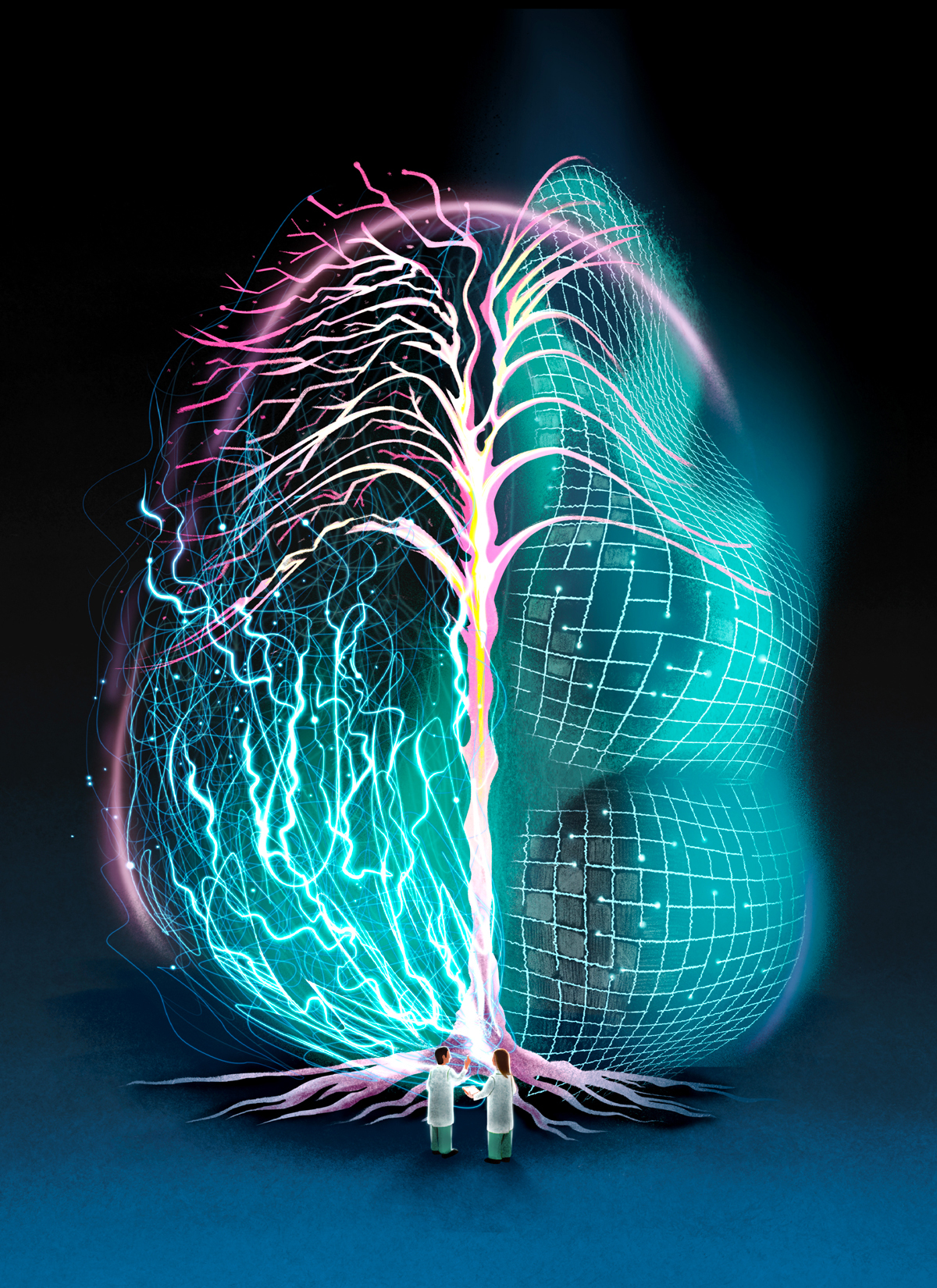
Experiments Reveal How a Circuit 'Resets' When the Brain Learns to Respond to New Conditions
Researchers conducted experiments in rodents suggesting how exposure to a new situation prepares or “primes” specific brain circuitry in a way that facilitates cognitive flexibility. Cognitive rigidity can be a contributing factor in addiction, autism spectrum disorder, PTSD, OCD, and schizophrenia.
Experiments in rodents suggest how exposure to a new situation prepares or “primes” specific brain circuitry in a way that facilitates cognitive flexibility. tweet this
Some people are better than others at adapting to new situations, but the ability to rapidly adopt new courses of action as circumstances change is a fundamental brain-based capacity rooted in the evolution of our species. When it is impaired, neither we, nor the myriad other species that must adapt on the fly to succeed, can thrive.
In an open-ended process, we are learning how to behave and respond to the world around us from the moment we emerge from the womb. Difficulty learning from new experiences or changing behavior from well-established patterns is a kind of cognitive rigidity that affects people with a range of psychiatric illnesses. Although it manifests in different ways, cognitive rigidity can be a feature in such disorders as obsessive-compulsive disorder, autism spectrum disorder, PTSD, addiction, and schizophrenia.


























